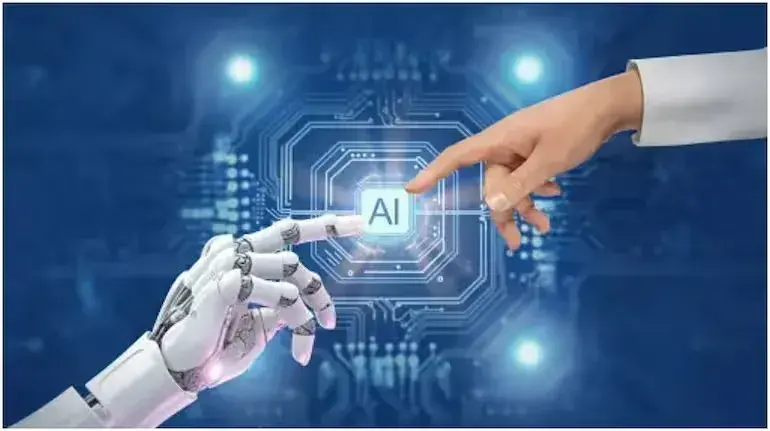Bihar to Unveil GenNext Lab for Data-Driven Governance
In a move to modernize governance and streamline decision-making processes, the Bihar government is set to launch its GenNext Lab on October 8. This initiative, spearheaded by the Bihar Institute of Public Administration and Rural Development (BIPARD), aims to leverage cutting-edge technology like Artificial Intelligence (AI) and data analytics to support public administration and rural development. The lab will be inaugurated by B.V.R. Subrahmanyam, CEO of NITI Aayog, and will focus on enhancing government decision-making by utilizing real-time data to predict challenges and craft proactive solutions, especially in rural areas. In addition to the GenNext Lab, two other key facilities—Viksit Chintan Kaksh and Nitishala—will be unveiled. These new initiatives aim to position Bihar as a frontrunner in modern, tech-driven governance. GenNext Lab: The GenNext Lab will assist government officials in making well-informed decisions using AI and data analytics. By processing real-time data, it will enable officials to address governance issues like rural development before they escalate. The lab will also serve as a learning hub with simulations and case studies, offering practical insights for more effective governance. Viksit Chintan Kaksh: This high-tech room is designed for collaborative policy discussions. Government officials can come together to strategize and shape Bihar’s future through collective decision-making and idea-sharing. Nitishala: This learning lab focuses on providing hands-on training for government officers. Through interactive learning methods like simulations and real-life case studies, Nitishala will help officers apply theoretical knowledge to practical governance challenges. Transforming Governance in Bihar: Together, these initiatives will revolutionize governance in Bihar by promoting data-driven decision-making, collaboration, and practical training. The integrated approach will help officials better understand the connections between key sectors such as health, education, agriculture, and women’s empowerment, ultimately enabling Bihar to anticipate and address challenges more effectively. Source: eastmojo

